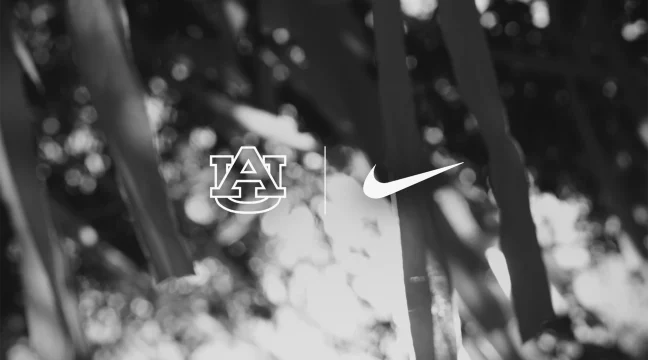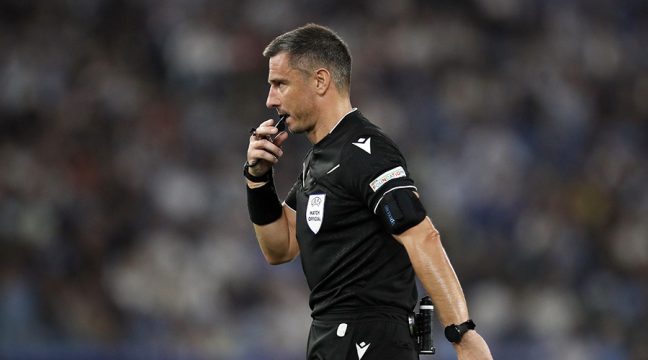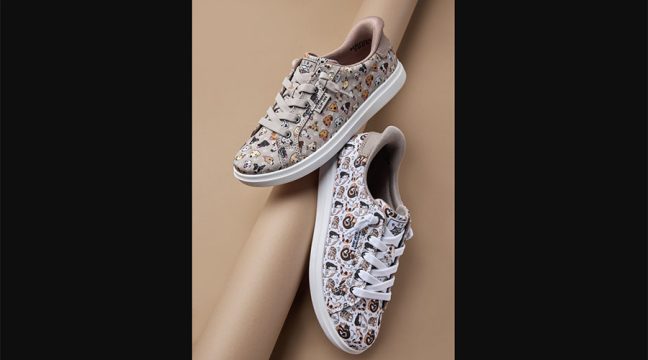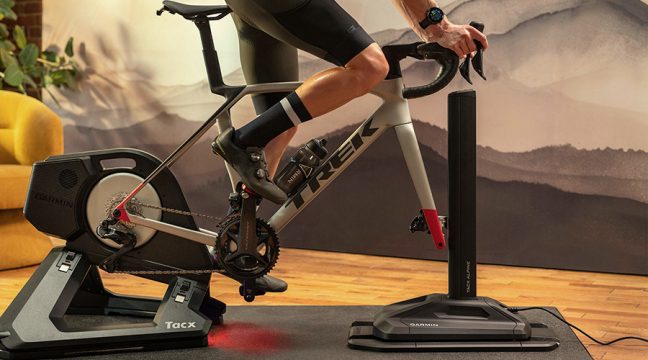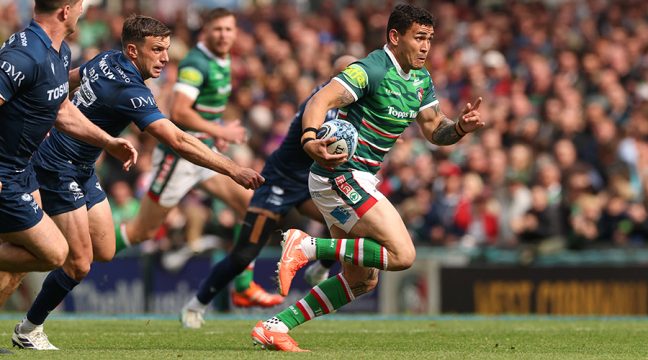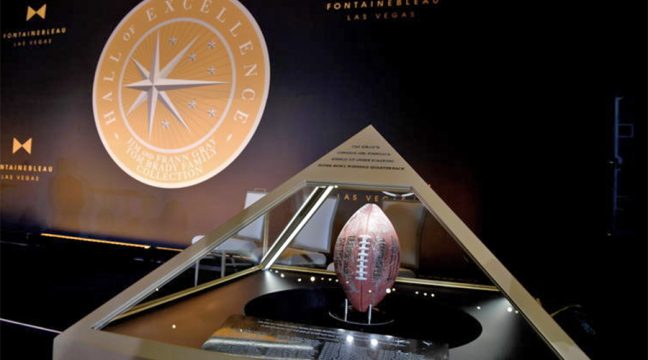A lawsuit filed last week challenging U.S. Track & Field and U.S. Olympic exclusive sponsorships raises the question of whether big brands are helping or hurting the sport.
Nick Symmonds, who won the 800-meter qualifying event at the U.S. Championship says he was dropped from Team USA for refusing to sign a document instructing him and other Team USA athletes to pack only Team USA, Nike or non-branded apparel for the Beijing trip.
The Brooks Running-sponsored athlete said at the time that he had no problem wearing Nike gear at official team events, but felt the agreement was overreaching. (What if all my underwear and socks aren’t Nike or Team USA?)
On January 20, running nutrition company, Run Gum, co-founded by Symmonds, filed the lawsuit in the U.S. District Court in Eugene, OR, alleging U.S. Track & Field (USATF) and the United States Olympic Committee (USOC) were preventing Run Gum and other companies from sponsoring individual athletes at upcoming trials.
The anti-trust lawsuit challenged the legality of sponsorship agreements used by major athletic brands in an effort to level the playing field among sponsors. The current system, where only logos belonging to apparel and equipment manufacturers that have been approved by the USOC can be worn by athletes competing during Trials, was accused of excluding competitors from receiving publicity at major sporting events.
“We are simply looking to level the playing field.” – Symmonds

And while the lawsuit didn’t name Nike Inc. as a defendant, the move was clearly a jab at the giant in the industry. In April 2014, Nike and USATF signed a long-term ongoing sponsor partnership extending from 2017 through 2040, which both skyrocketed support for Track & Field athletes and raised fear that Nike may have bought out the sport. Symmonds expressed disdain for the agreement when it was first signed, and that fire has only grown leading to the January suit.
“We are simply looking to level the playing field,” said Symmonds of the Run Gum lawsuit. “It is completely illogical and unfair to allow a very small sector of the market to have total control over the advertising space on an athlete’s competition uniform.”
This isn’t the first time the USATF has faced controversy over the issue. In the spring of 2014, high-end running apparel brand Oiselle published doctored images of USATF athletes at the World Relay Championships, replacing the Nike logo with their own. According to Oiselle, the purpose of the photos was to congratulate all athletes and brands in attendance.
While the Run Gum lawsuit will likely take months to work itself through the courts, the move by Symmonds is generating plenty of talk on social media:
“That is how the sport will grow and become more popular.” -@kristian.oatman
“Push for support for hard working athletes. We are much more than billboards for Nike.” – @cmchattie
“You’re gonna be one of the most remembered USA runners in history. Keep up the fight.” -@thehoffman31
Famed road runner Lauren Fleshman responded to the lawsuit, which is gaining ground as a battle cry for Track & Field runners worldwide, with an article on her website, asklaurenfleshman.com:
“I support Nick and Run Gum in their lawsuit. Even though winning it would result in a rule change that appears small at first glance, it could make a big difference, and set precedent for bigger changes in the future. It’s time to question, and dismantle, the real reasons why ‘nobody wants to invest money in track and field.’ Run Gum’s lawsuit, and changing IAAF Uniform Rules as I proposed with this resolution, would go a long ways towards making the sport more viable for athletes, and more attractive to investors and sponsors.”
“We admire Nick Symmonds’ passion for creating opportunities for track and field athletes where they may not have existed before.” – Brooks Running
Brooks Running has also expressed support for Symmonds’ efforts. The company’s Chief Customer Experience Officer, Anne Cavassa, told SGB, “Brooks stands firmly in support of athletes as they pursue their running dreams, and in favor of new opportunities that allow them to make a living. We admire Nick Symmonds’ passion for creating opportunities for track and field athletes where they may not have existed before. His company Run Gum’s endeavor to open the door for more athlete support is one that shares ties with why we exist as a brand: to inspire everyone to run and be active. At the very least, we’re glad this starts a discussion around how we all can make changes that benefit the sport and those who participate in it.”
The USATF has not commented on the pending litigation, or on its impact on gaining more investors in the sport.
Whether the lawsuit is a solution or publicity stunt, it’s an undoubtable David-vs.-Goliath fight that has hit its stride with the Track & Field community who wants to see more for its athletes.
– Photos courtesy Brooks Running

